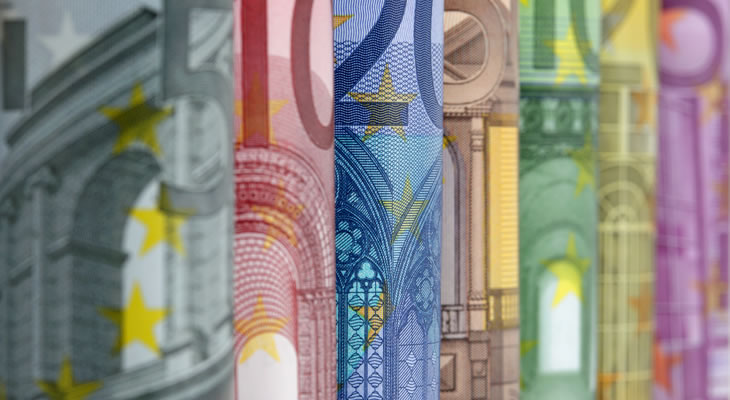Although the RICS house price balance pointed towards a weakening in the UK housing market this was not enough to prevent the Pound Euro exchange rate making further gains.
The mood towards Sterling continued to recover from the news that inflation had outpaced wage growth in February, signalling a return to falling real pay.
In large part this is thanks to the limited downside potential of the Pound, with markets having already priced in a significant degree of Brexit-based uncertainty.
Even so, the outlook for the UK economy does not appear overly optimistic at this juncture, as the spending power of consumers looks set to come under an increasing squeeze.
The Bank of England’s (BoE) quarterly credit conditions survey underlined the issue, with 18.8% of lenders expecting to tighten their supply of credit to costumers in the next three months.
This does not bode well for the health of the wider economy, given that high levels of consumer spending have helped to drive resilient growth in the wake of the EU referendum.
Volatility is likely in store for the GBP EUR exchange rate with the release of March’s UK retail sales figures.
If signs point towards sales growth having already lost momentum then investors may be encouraged to sell out of the Pound.
On the other hand, continued resilience could offer Sterling a fresh rallying point as markets continue to await the formal start of Brexit negotiations.
Demand for the Euro, meanwhile, was hampered by confirmation that Germany’s inflation rate had slipped from 0.6% to 0.2% in March.
As inflationary pressure also weakened in other parts of the Eurozone this dented the odds of the European Central Bank (ECB) being prompted to begin tightening monetary policy in the near future.
Investors had recently been encouraged to bet on the ECB adopting a more hawkish outlook by comments from policymaker Ewald Nowotny, leaving the Euro vulnerable to a deterioration in sentiment.
As analysts at Natixis noted:
‘We do not believe the ECB will touch the deposit before the end of the asset purchase programme, as it states in its official press release. The expected changes will be: June, change to the official press release with the removal of the downward bias for interest rates; September: announcement of a reduction in the purchases from €60bn to €40bn from January 2018, with a reassessment of the situation in March.’
With expectations for the ECB diminishing the single currency has struggled to find any particular support, as worries over the French presidential election continue to hang over the currency union.
If far-left candidate Jean-Luc Mélenchon gains further momentum heading into the first round of voting then the odds of a fresh populist upset could mount, weighing heavily on the appeal of the Euro.


Comments are closed.